What Is Thermal Water & What Does It Do For The Skin?
Embrace the transformative power of thermal water and unlock your skin’s vitality
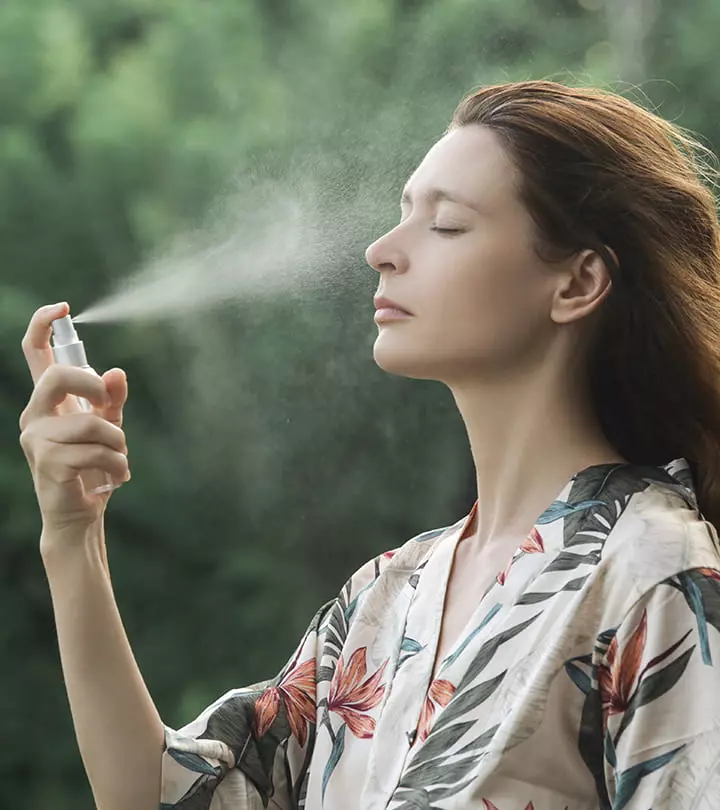
Image: Shutterstock
One of the best ways to avoid any skin troubles is to follow a proper skin care routine with the right products and ingredients. One such ingredient is thermal water. You can use thermal water for skin troubles like dryness and other skin conditions. It is rich in natural minerals and may benefit your skin in many ways.
This article discusses the benefits of thermal water and how to include it in your skin care routine. Keep reading.
In This Article
What Is Thermal Water?
We all know what drinking the right amount of water for your skin can do. However, if we tell you choosing the right type of water for topical use also contributes to skin health. Here, comes the importance of thermal water. So, what is thermal water? Simply put, thermal water is the water found in springs deep within the ground. It is boiled by the natural heat of the earth and traverses through several types of rock and soil to reach the surface. During this process, the water is infused with different minerals like iron compounds, bicarbonate, metal, silicate, sodium, calcium, magnesium salts, etc.
This mineral-rich thermal spring water is said to benefit the skin in various ways. Read the next section to find out what they are.
Key Takeaways
- Thermal water is infused with all essential minerals that benefit your skin.
- Using thermal water may hydrate skin and reverse sun damage with its antioxidant properties. It also is ideal for those with sensitive skin.
- You can apply thermal water after applying your makeup, epilation, and while traveling.
What Are The Skin Benefits Of Thermal Water?
There are several skin benefits that come with using thermal water frequently. They are as follows:
1. It Hydrates The Skin
If you are someone who constantly has dehydrated skin, you should definitely check out this ingredient.
A study conducted in France showcased the different results garnered from spraying different types of water on one’s face. Here, individuals who used thermal water were found to have softer, more supple skin than those who used other types of water. On this note, knowing how to hydrate your skin will be an added benefit, as it will make you learn how to shield your skin’s moisture with intensely hydrating ingredients.
2. It May Reverse Sun Damage
While more research is required to prove this claim, many experts believe that thermal spa water has several antioxidant properties that can reduce or completely reverse the harmful effects of the sun’s UV rays. This is done by neutralizing the free radicals (substances that break down collagen and cause sunburn and dark spots) in the skin.
3. It Can Soothe Inflamed Skin
published in the Journal of Drugs in Dermatology, the minerals present in thermal spring water can balance out the skin microbiome, which is the unhealthy and healthy bacteria present in it. Moreover, it can reduce the inflammation caused by skin diseases like psoriasis and eczema. This soothing ability of thermal water makes it a good option for people with sensitive skin.
 Pro Tip
Pro TipNow that you know all the benefits that come with using thermal spray water, let us move on to the best times to use this liquid.
When Should You Use Thermal Water?
Just a light spray of thermal water can go a long way in improving your skin’s health and solving your day-to-day skin issues. Here’s how you can use it:
1. Applying Makeup
As many of you already know, sweat can remove the makeup from your face and make you look dull. Luckily, you can prevent this by applying a bit of thermal spring water after finishing your makeup routine. The minerals present in this liquid help the makeup set quickly, enabling it to stay on for longer.
Apart from this, you can also use thermal water to replenish your skin’s moisture and reduce any redness caused by harsh products.
2. Shaving
Dull blades can result in the shifting of hair follicles present just under the top layer of your skin. This can cause a lot of irritation and lead to bumps and rashes. Anecdotal evidence suggests that thermal water is a great way to deal with this issue as it represses the body’s reaction to the follicle movement and cools down the skin. Just spritz it on before and after you shave.
3. Epilation
Epilation is a hair removal process that involves pulling out the hair from the roots. As with shaving, this process can irritate the skin, resulting in redness, bumps, and rashes. Applying thermal water to the area right after removing the hair will cool down the skin and prevent inflammation. However, there is no scientific research or evidence to prove the same.
4. Traveling
Although traveling may be good for the soul, it is not great for the skin (regardless of your skin type). Constant exposure to the sun, pollution, and dust can adversely affect your skin and make it look dull and tired. Thermal spring water is a great solution to this as it hydrates and refreshes the skin. Simply spritz a little water on your face in the morning and evening.
5. Exercising
Exercising causes you to sweat. Excessing sweating can cause breakouts and itchy, red skin. Thermal water can hydrate and refresh your skin, which may help reduce the flare-ups caused by working out.
There is a right and wrong way to apply thermal water to the skin. Read the next segment to find out more.
How Do You Use Thermal Water?
When it comes to removing hair or applying makeup, the best way to use thermal water is to spray a little bit on your body immediately after the process is completed.
Activities that involve physical exertion, like exercising and traveling, require multiple applications of thermal water. You should apply thermal water once before, once during, and once after working out. In the case of traveling, just spritz it on whenever you want to freshen up. You can also use thermal water before applying skincare products for better absorption.
 Pro Tip
Pro TipIf you want to incorporate thermal water into your daily routine, try following the steps:
- Start by washing your face with lukewarm water and applying some cleanser to it. This will help you remove any dirt present on the surface of the skin.
- Then, wash your face with a face wash. Remember to gently rub the skin in circular motions as this will dislodge all the dirt present in the pores.
- Next, apply some toner to a cotton pad and dab it on your skin. This will get rid of any dirt that is stuck to the pores of your skin.
- Spray a little bit of thermal water on your face. This will hydrate the skin and reduce any redness caused by the ingredients in the previous products.
- Finish this process by applying some moisturizer.
As you now know, thermal water offers several skin benefits. Nevertheless, there are certain issues that thermal water simply cannot fix. Read the next section to find out what that is.
What Does Thermal Water Not Do?
Today, many individuals and businesses promote thermal water as the cure for a host of diseases such as diabetes, gout, liver problems, chronic digestive issues, and constipation.
However, there is little to no scientific evidence supporting these claims. As such, remember to take these recommendations with a grain of salt.
Where Can You Get Thermal Water From?
Collecting thermal spring water from its source is not exactly possible for most people. Thankfully, you can easily get your hands on this ingredient at your local drugstore. It is typically sold as a thermal spring water face mist, but some companies use it as an ingredient in their moisturizers as well.
The water found in deep underground springs is known as thermal water. It has a moisturizing effect as well as the ability to soothe irritated skin. This liquid can be used on a daily basis as part of your skin care regimen. The spray version of thermal water may be stored at your desk, in your purse, gym bag, beach bag, and — if you can find a travel-sized bottle — in your carry-on for use whenever and wherever your skin needs a little boost. On the other hand, thermal water cannot be used to treat diabetes, gout, liver disorders, chronic digestive difficulties, or constipation as it was earlier believed. Keep in mind that it is only good for moisturizing and revitalizing your skin.
Frequently Asked Questions
How often should thermal water be applied?
You can apply thermal water as often as needed, depending on your dermatologist’s recommendation or your skin type. Use it to refresh your skin, set makeup, or soothe irritation throughout the day.
Is thermal water drinkable?
Yes, thermal water is drinkable. The water is boiled by the natural heat of the spring and is infused with different minerals.
Is thermal water a toner?
You can use thermal water as a toner as it hydrates and nourishes the skin.
Is thermal water salty?
Yes, thermal water is salty since the water is infused with sodium and magnesium salts.
Is thermal water anti-aging?
Thermal water has anti-inflammatory properties that may boost collagen and elastin production (3).
In this video, an expert debunks myths about thermal spring water spray, highlighting its potential effectiveness and benefits for the skin microbiome. Check it out to learn how you can use this ingredient to up your skin care game.
References
Articles on StyleCraze are backed by verified information from peer-reviewed and academic research papers, reputed organizations, research institutions, and medical associations to ensure accuracy and relevance. Read our editorial policy to learn more.
- Sensory analysis of four medical spa spring waters containing various mineral concentrations
https://pubmed.ncbi.nlm.nih.gov/10561055/ - From Probiotic to Prebiotic Using Thermal Spring Water
https://pubmed.ncbi.nlm.nih.gov/29879253/ - Effects of thermal water on skin regeneration
https://www.researchgate.net/publication/221842049_Effects_of_thermal_water_on_skin_regeneration
Read full bio of Dr. Madhuri Agarwal
Read full bio of Arshiya Syeda
Read full bio of Ramona Sinha
Read full bio of Swathi E






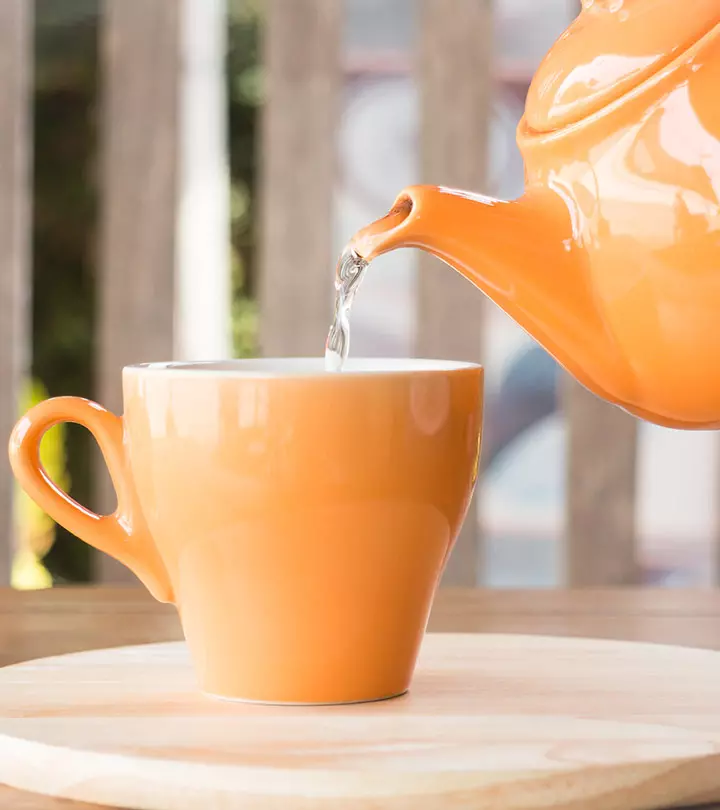
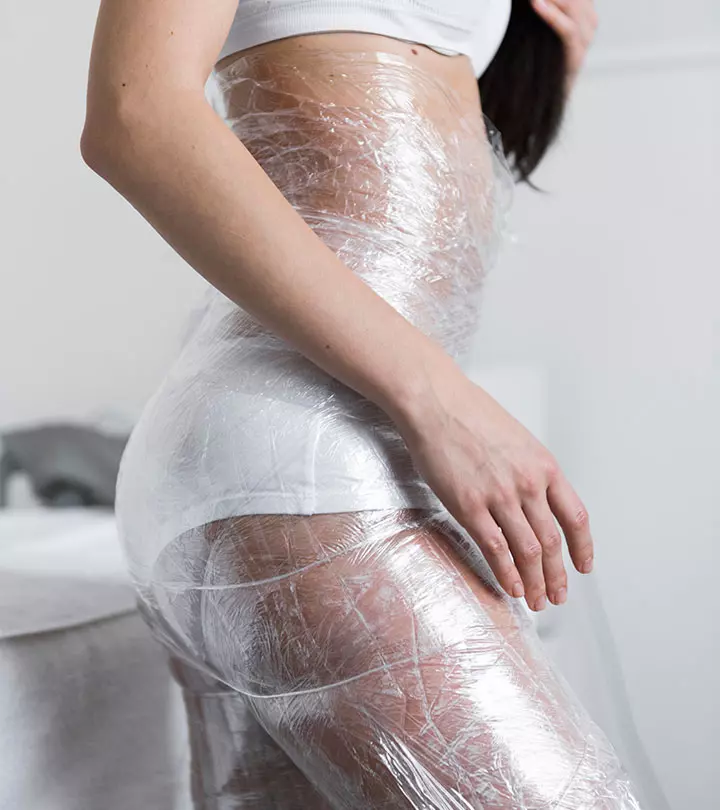
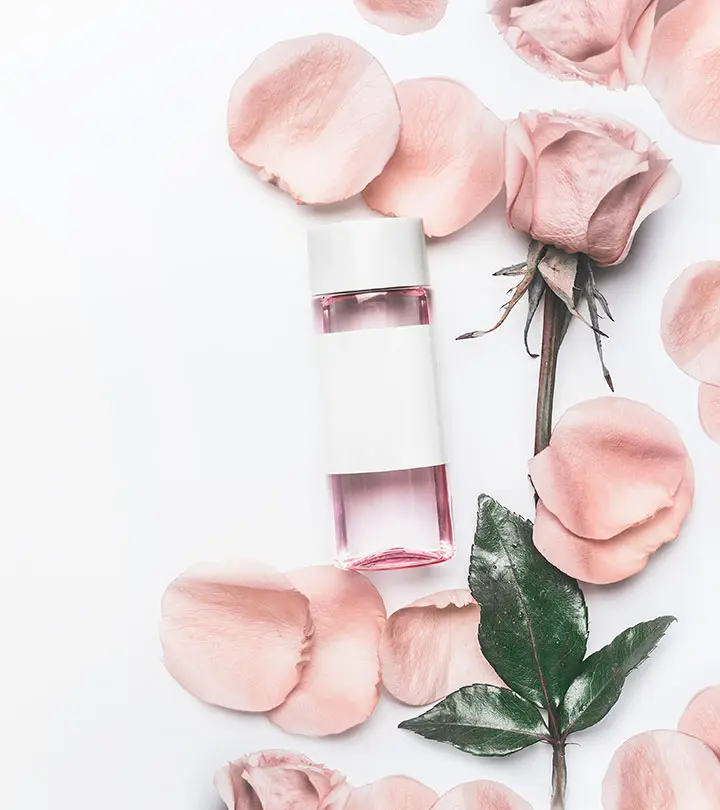

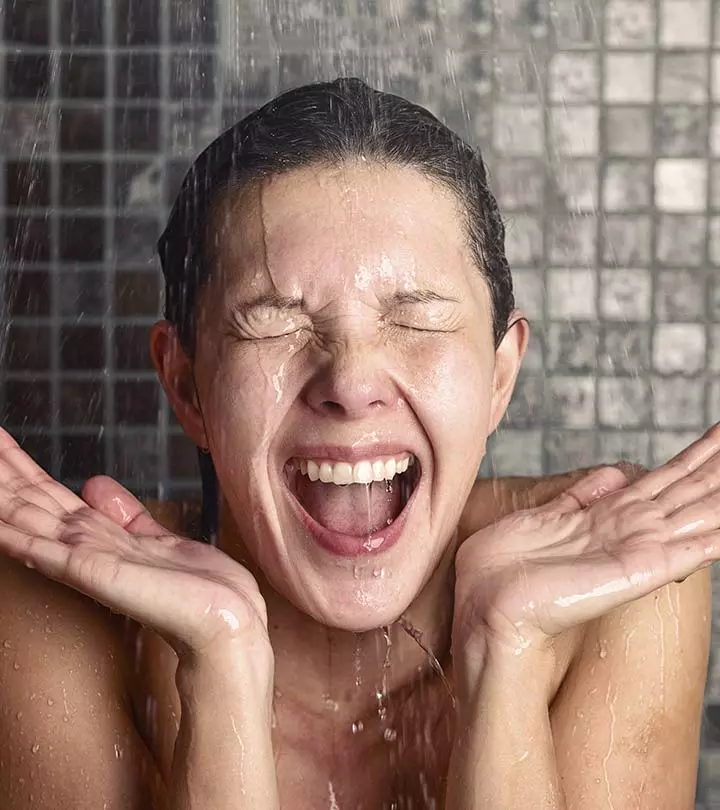
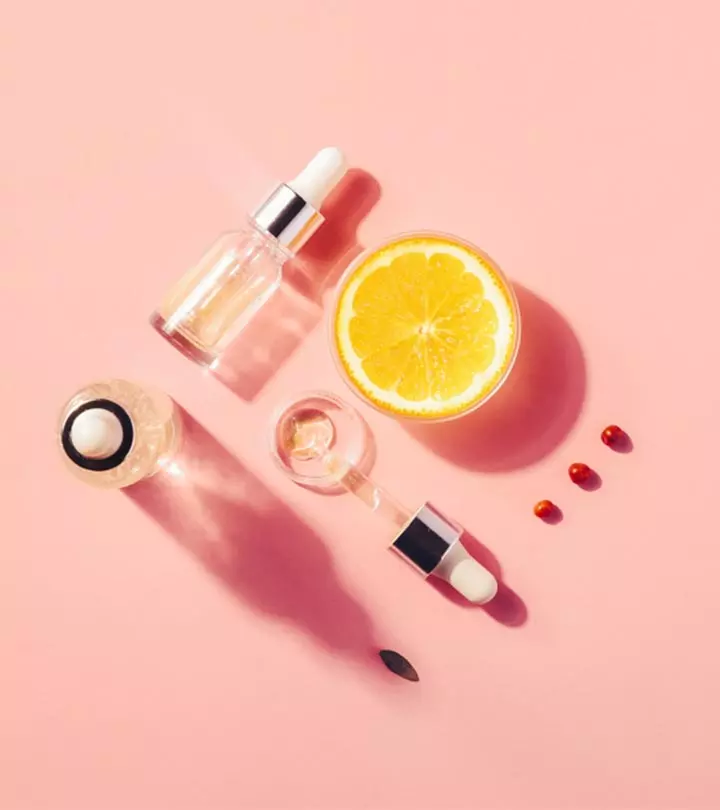
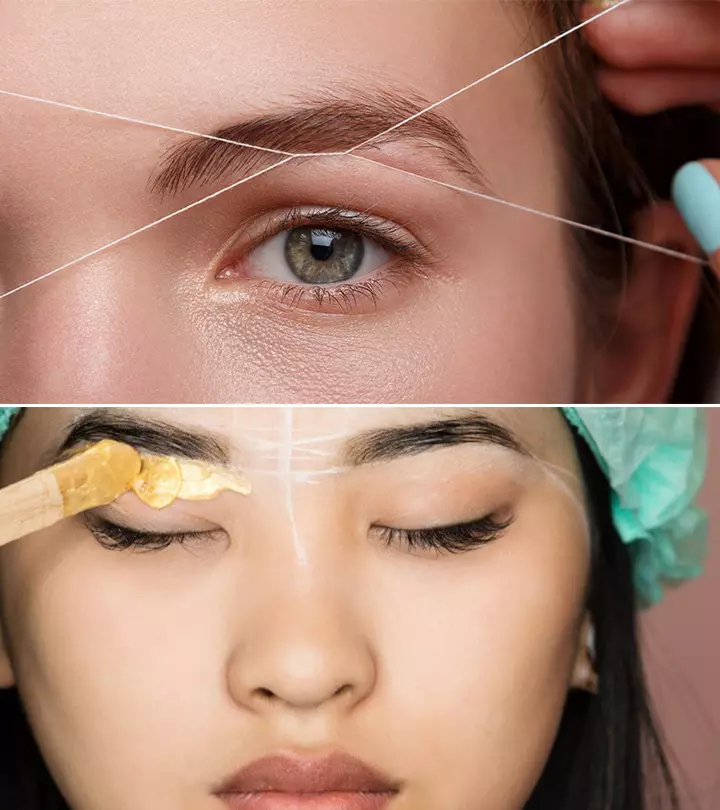
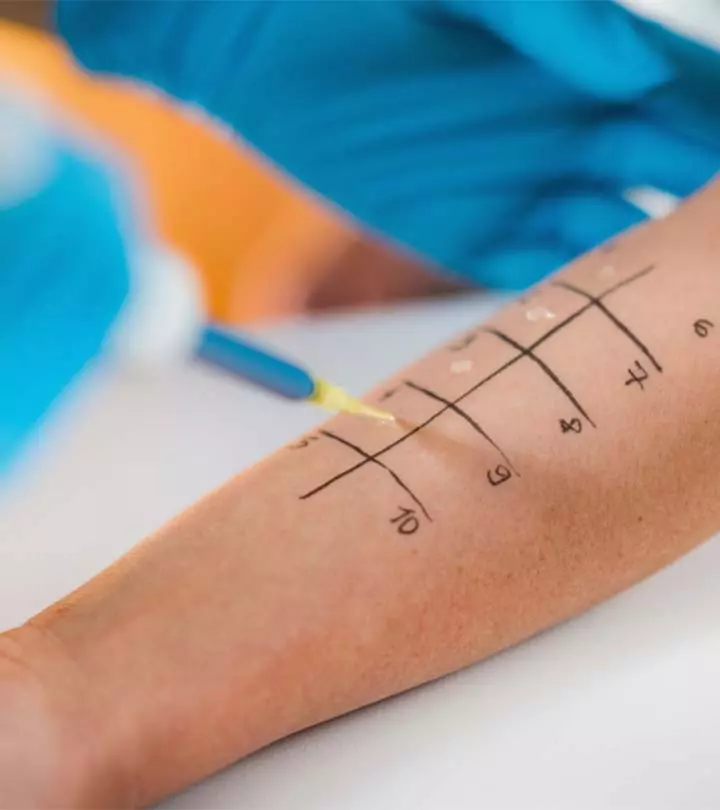
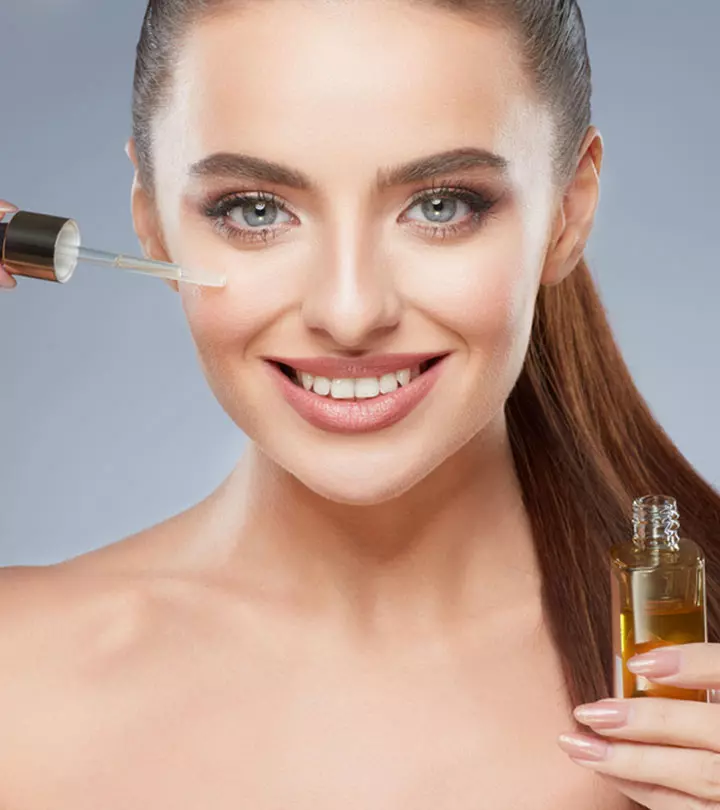
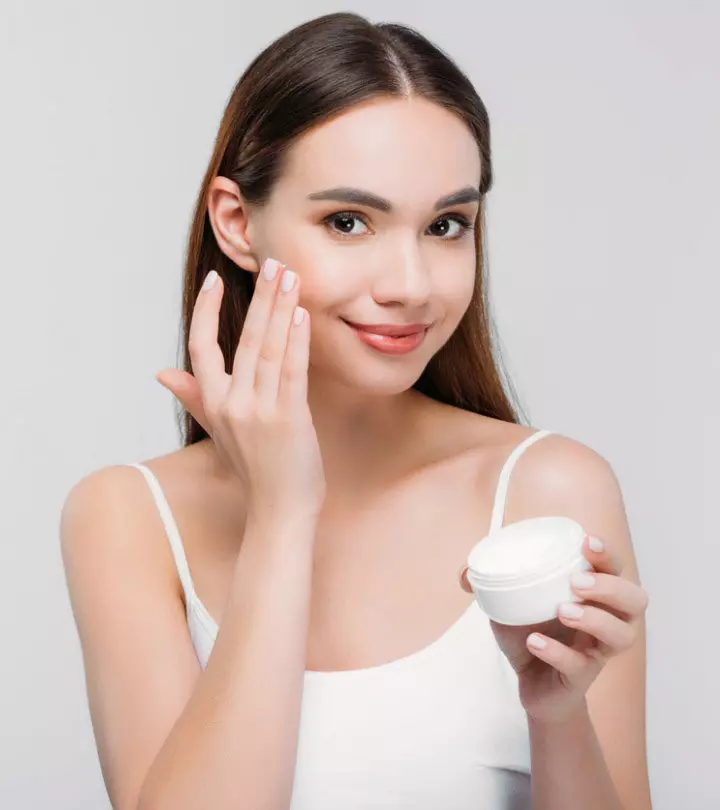


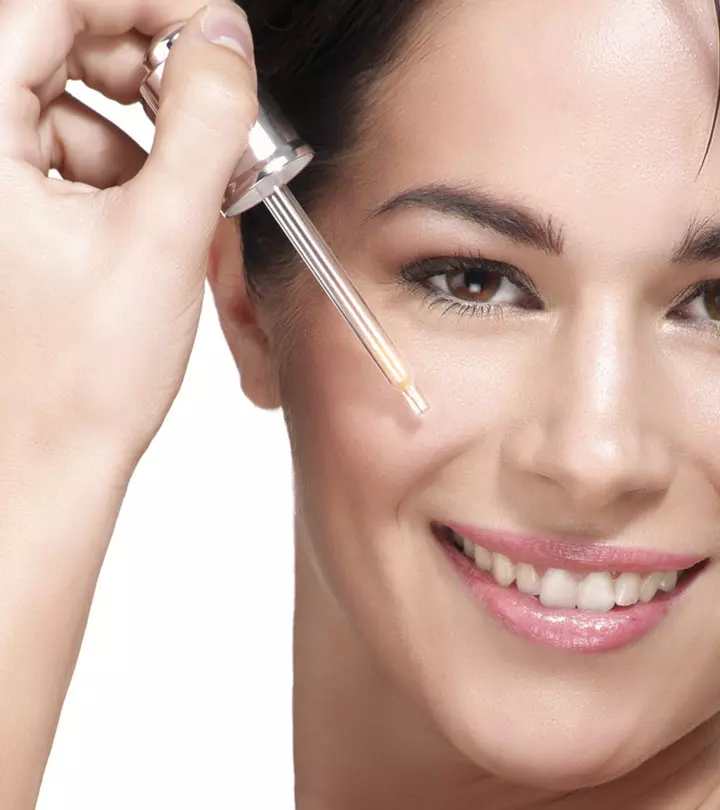
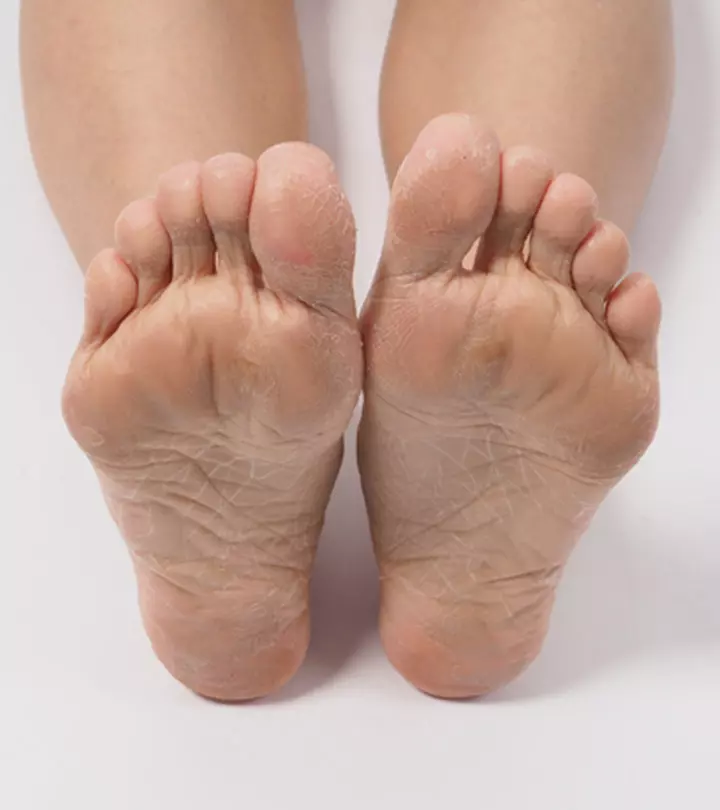
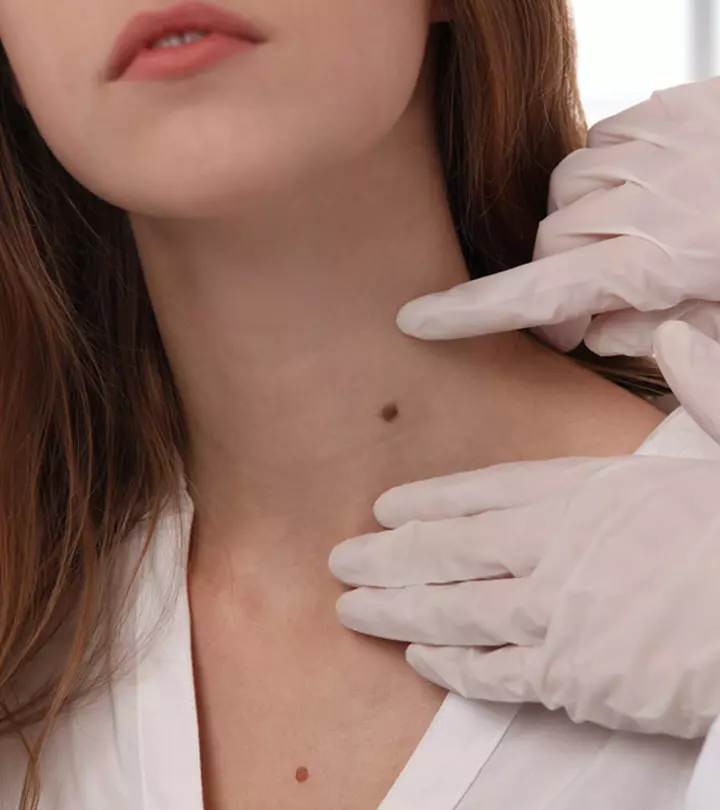
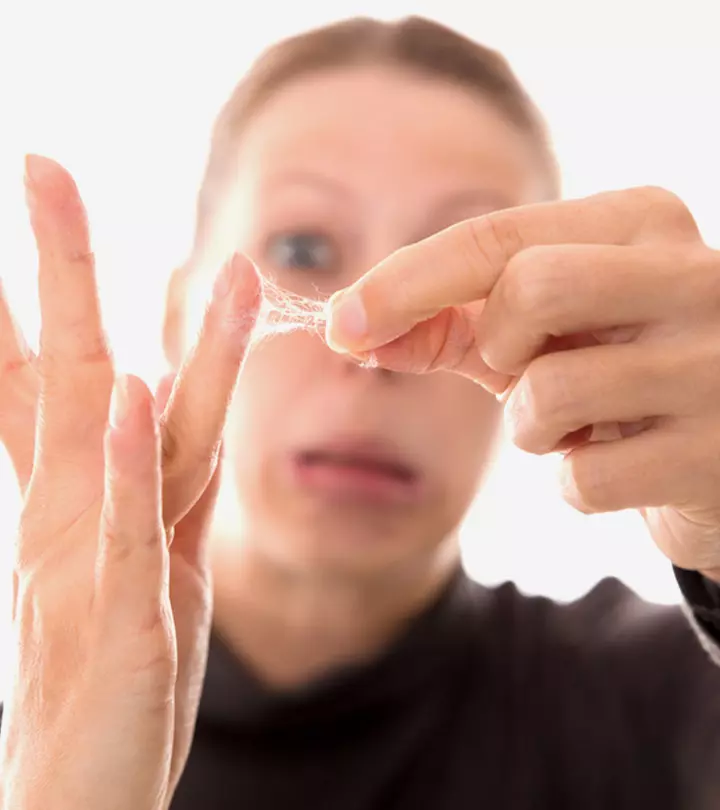
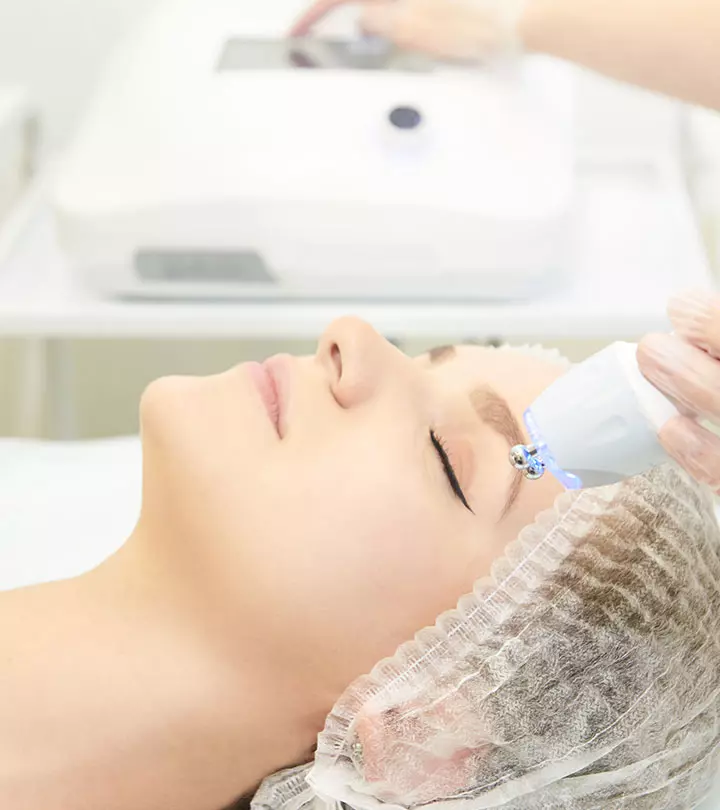
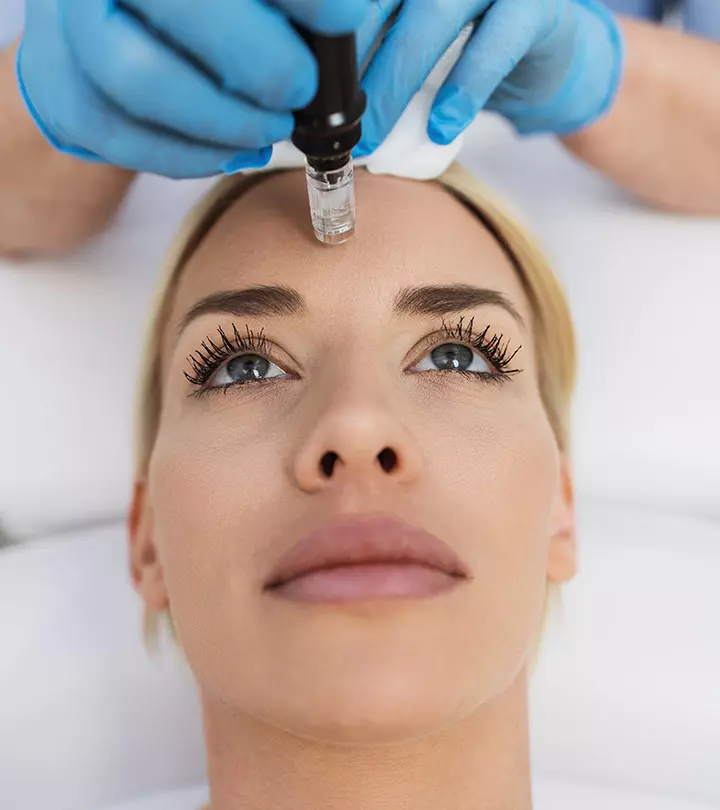
Community Experiences
Join the conversation and become a part of our empowering community! Share your stories, experiences, and insights to connect with other beauty, lifestyle, and health enthusiasts.